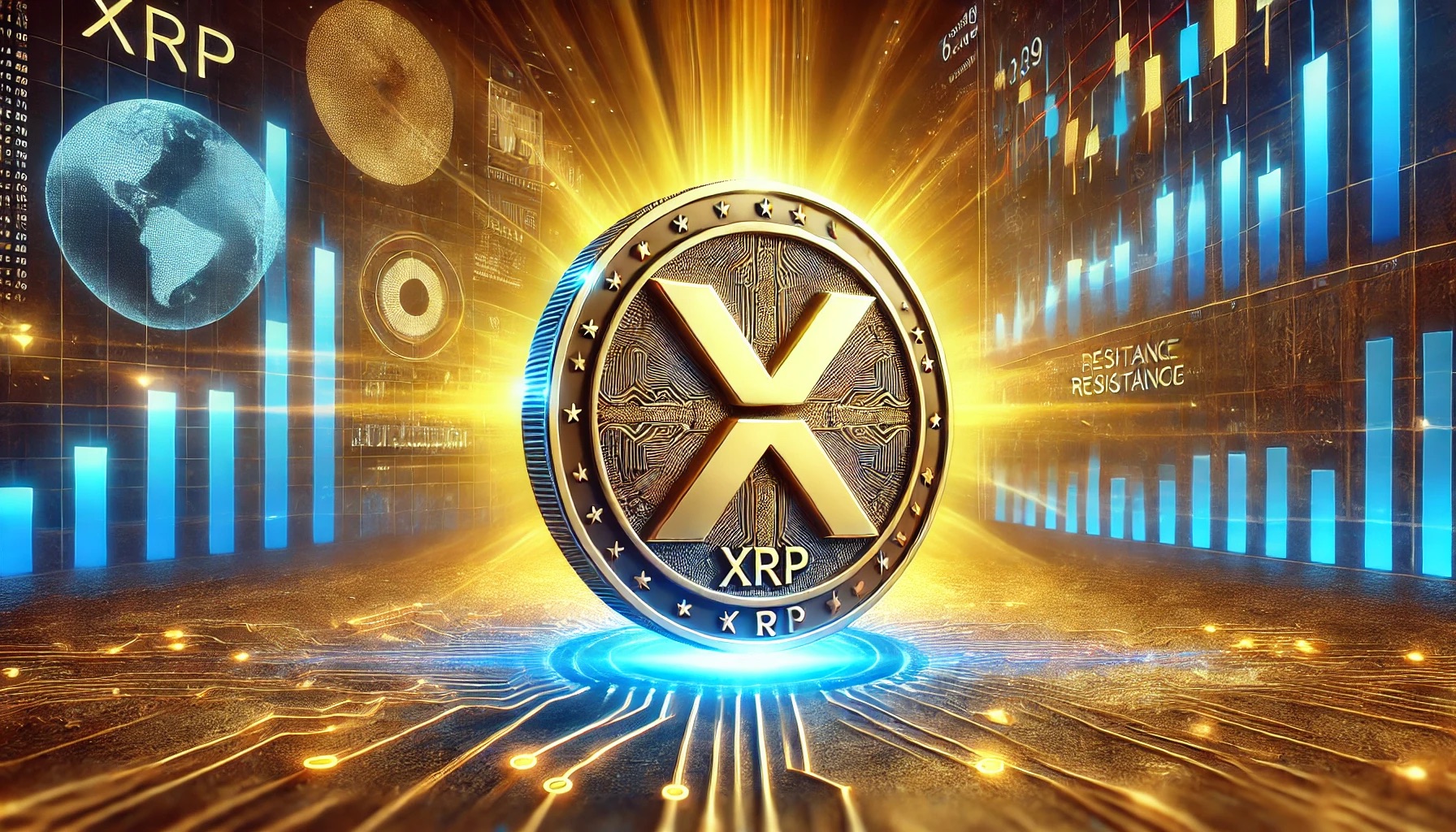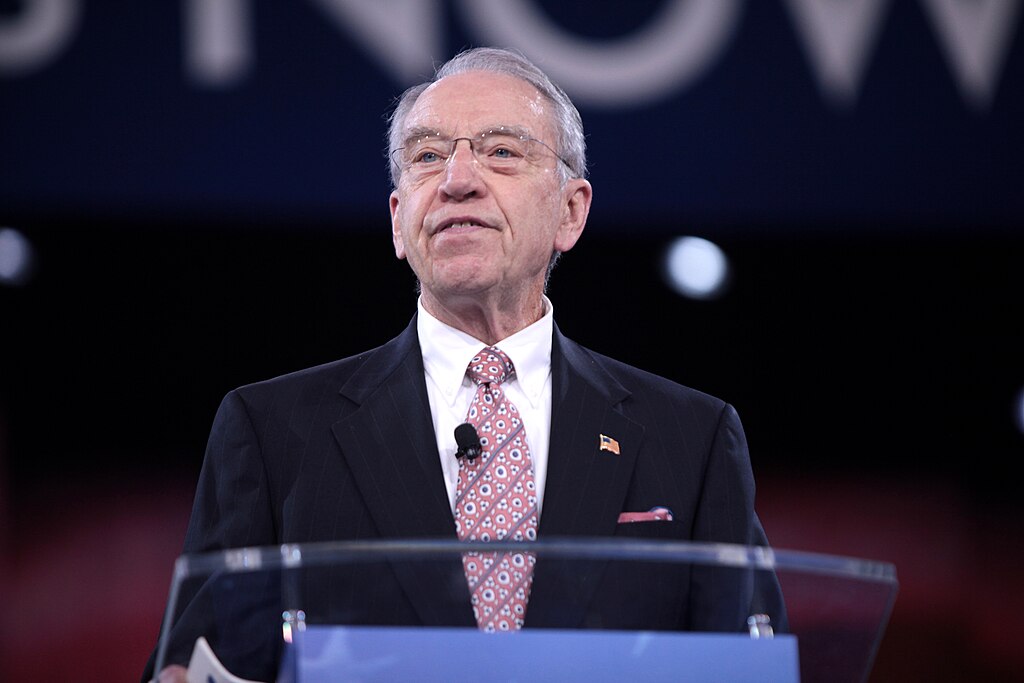The U.S. crypto industry is reacting strongly to a reported Senate Democratic proposal that aims to bring decentralized finance (DeFi) under tighter federal oversight. According to Politico, the document outlines a plan that would require firms or individuals managing DeFi front-end operations to register with the Securities and Exchange Commission (SEC) or the Commodity Futures Trading Commission (CFTC), effectively treating them as brokers.
Critics argue the proposal’s broad language could capture nearly all crypto participants. Jake Chervinsky, Chief Legal Officer at Variant, said on X that “many aspects of the proposal are fundamentally broken and unworkable,” calling it “a list of demands designed to kill the bill.”
Summer Mersinger of the Blockchain Association, formerly a CFTC commissioner, warned that the draft “would effectively ban decentralized finance, wallet development, and other applications in the U.S.” She added that the restrictions could push innovation overseas, urging policymakers to “stay at the table” to refine the bill.
Before recent government funding negotiations stalled legislative progress, bipartisan talks had been underway to finalize a unified crypto market structure bill. However, Democratic Senator Mark Warner’s national security concerns over illicit finance in crypto were already complicating efforts.
The new draft appears to empower agencies like the Treasury, SEC, and Federal Reserve to hold accountable anyone “designing, deploying, operating, or profiting” from DeFi front-ends. Still, it allows exemptions for open-source developers and projects deemed “sufficiently decentralized” and non-profit-driven.
Meanwhile, the House’s Digital Asset Market Clarity Act—which passed with strong bipartisan support—offers an alternative framework. Yet, Senate approval requires 60 votes, meaning Democrats’ calls for revisions to previous Republican drafts must be addressed before any unified crypto legislation can advance.



























Comment 0